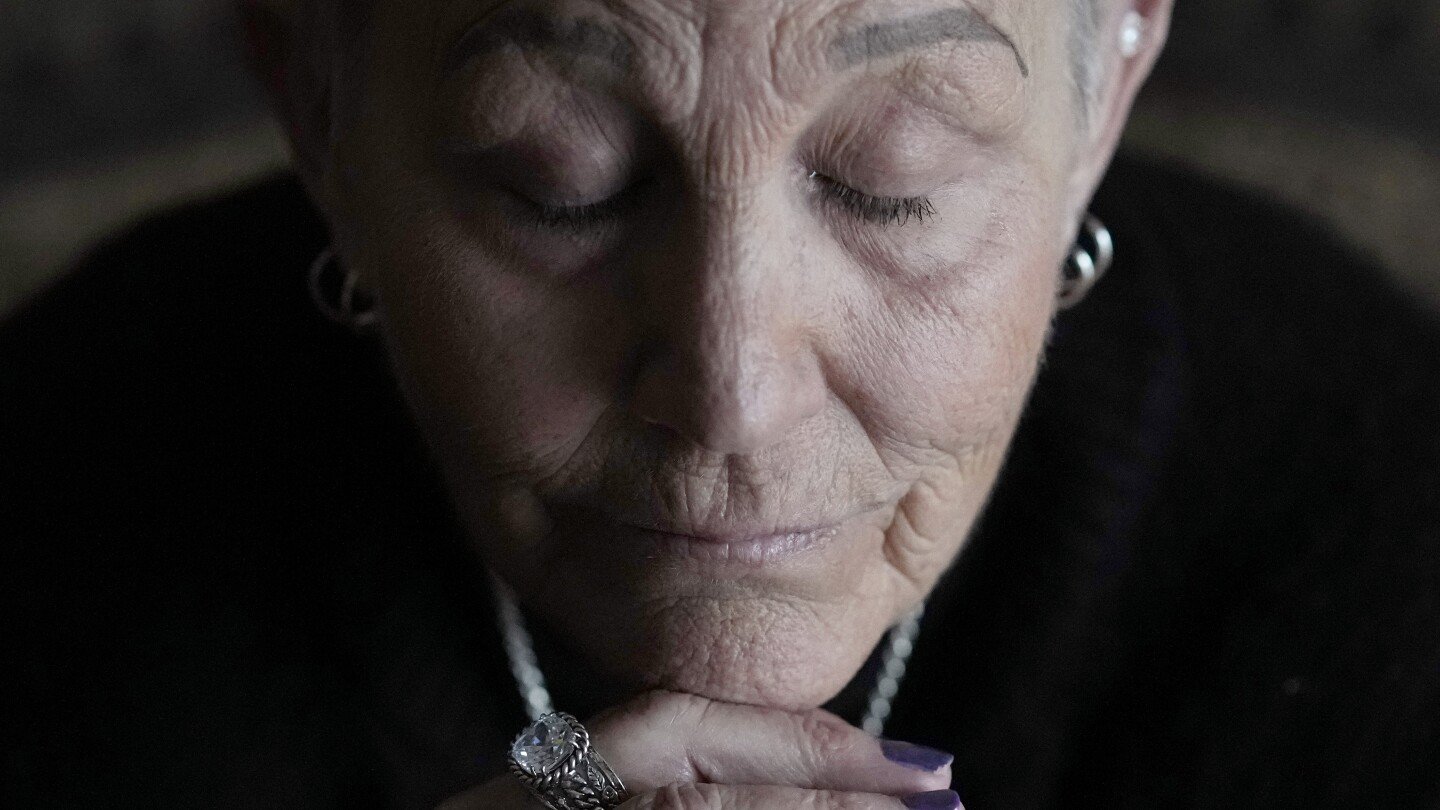On a brisk day at a restaurant outside Chicago, Deb Robertson sat with her teenage grandson to talk about her death.
She’ll probably miss his high school graduation. She declined the extended warranty on her car. Sometimes she wonders who will be at her funeral.
Those things don’t frighten her much. The 65-year-old didn’t cry when she learned two months ago that the cancerous tumors in her liver were spreading, portending a tormented death.
But later, she received a call. A bill moving through the Illinois Legislature to allow certain terminally ill patients to end their own lives with a doctor’s help had made progress.
Then she cried.
“Medical-aid in dying is not me choosing to die,” she says she told her 17-year-old grandson. “I am going to die. But it is my way of having a little bit more control over what it looks like in the end.”
That same conversation is happening beside hospital beds and around dinner tables across the country, as Americans who are nearing life’s end negotiate the terms with themselves, their families and, now, state lawmakers.



You can probably imagine how it was to live through that time with chronic pain. I live in northern Europe and even here doctors went from reasonable to outright hostile at the mere mention of opiates. I had one doctor write angry letters to another doctor because she had written me a 3 month prescription instead of the usual one month at a time.
It’s taken them almost 15 years to trust me with a 6 month prescription at a time.